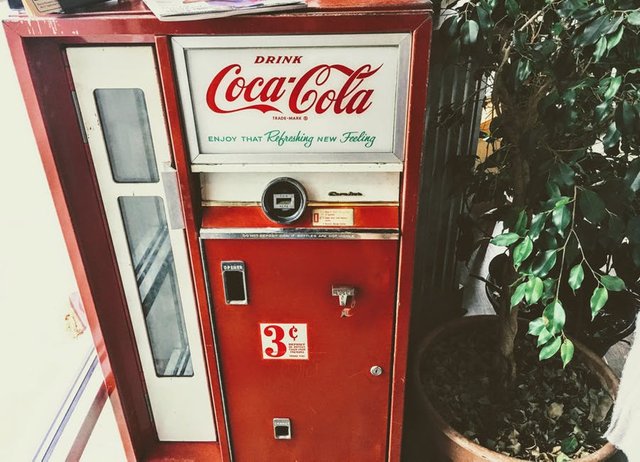
What could be more refreshing than a cold bottle of Coca Cola on a hot summers day? The answer to that could well lie in Coca Cola's decision to work with the state department to use blockchain to reduce child labour across the globe.
The company's global head of workplace rights, Brent Wilton, stated “We are partnering with the pilot of this project to further increase transparency and efficiency of the verification process related to labor policies within our supply chain.”A registry for suppliers and their workers will be created. Brent Wilton believes that this will help to increase transparency and efficiency of the verification process in relation to labour policies within the supply chain.
In some cases, individuals in forced labour are migrant workers who may find their means of identification (passports, identify cards, and other documents) confiscated by middle men and traffickers. Blockchain allows for a unique data identifier to be linked to any person, making them visible and traceable. Remote monitoring may be made possible for these uniquely identifiable workers through the use of wearable technology. This may allow for tracking of hours worked, health conditions of workers, and physical treatment of workers by management.The use of smart contracts in combating wage scams could ensure that organisations such as Coca Cola are more aware of the payment of workers in different regions across the globe. By having a worker's contract on blockchain, management may become more aware of their accountability for treatment of workers.
What may prove to be more important than the application of blockchain technology itself on regional levels is scalability of the technology in reducing social injustice. It is not uncommon for a technological bias to develop from the precedent set in this instance. It is important that focus is not primarily on monitoring of work practices but due consideration is given to the rule of law in regions where organisations operate. It is important that organisations remain fully aware of the contrasts between labour laws in their different regions of operations. This will have a significant impact on how effective their monitoring of work practices via blockchain is implemented.
Government agencies are likely to lag behind the developments in private organizations and NGOs. The consequence of this may be that databases and data infrastructures that could be used to speed up the efforts by organisations looking to improve labour conditions may not be adequate. Nevertheless, growing awareness of the utility of data collection by government agencies may incentivise further developments to support blockchain initiatives by private organisations.
With adequate cooperation from governments, the enforceability of labour laws will be easier. Creating legislation that speeds up this process is imperative. Blockchain related laws are already being passed in locations such as Delaware, Wyoming, Vermont, Arizona, and Nevada. In the UK, organizations in the blockchain space are registering with the Financial Conduct Authority to ensure transparency in operations. These instances are likely to create the precedent necessary for synergy across different industries in economies. Regulators and government agencies may as a consequence gain better understanding of the implications of regulations and laws they make with regards to the blockchain community.
What could be better than a cold bottle of Coca Cola on a hot summers day? A world where more organizations earn the trust of their customers in their business operations. It is no longer enough to just make charitable donations or raise awareness of charitable initiatives. Organisations should exhibit skin in the game through the transparency of blockchain. If executed properly, the application of blockchain by Coca Cola to its supply chain could set the precedent for other organizations to change the lives of 24.9 million victims of forced labour around the world.
Posted from my blog with SteemPress : https://moonflowcrypto.com/index.php/2018/03/21/blockchain-with-coca-cola/